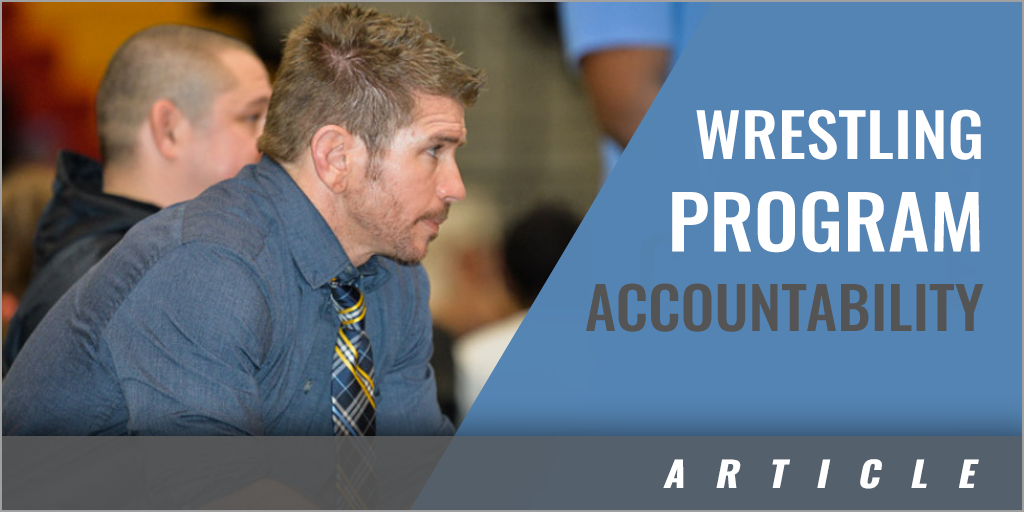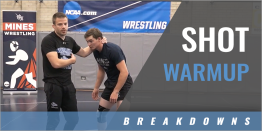|
By: John Klessinger, Head Wrestling Coach - South River HS (MD) Accountability is a modern-day buzzword. It is thrown around team locker rooms, business meetings, and in schools. But what is it really? I am not sure if people actually get it or, for that matter, its importance. The Cambridge dictionary defines accountability as "the fact of being responsible for what you do and able to give a satisfactory reason for it or the degree to which this happens." I am sure if we think about it, we understand the definition. I am not here to belittle anyone's intelligence. Indeed, I am not the sharpest tool in the shed. However, I have been a high school teacher and wrestling coach for close to twenty-five years. From what I see, people don't get or understand it. I think people want to get it. I genuinely think people thrive in conditions that have high accountability. I have seen some of the most challenging kids to work with excel when held accountable. Also, I have seen some of the "softest" kids turn into the toughest kids when they were challenged and given high expectations. It is pretty amazing, to be honest. Just by "saying what you mean, and meaning what you say" can completely transform an organization. I tell people that accountability is the secret sauce to achievement. If you want your son or daughter to be a good student, hold them accountable. If you want your team disciplined, hold them accountable. It is that simple. It wasn't until nearly 14 years into my teaching and coaching career that I got it. I finally understood the word that was "preached" in athletic circles my entire life. It was a revelation. Ok, that was dramatic, but it was a serious eye-opener. I handed a paper to my wrestling team that needed to be signed by a parent and returned the next day. Simple task. Give the form to mom or dad, get their signature, and return the next day. It sounds simple, but it wasn't. The next day only three of thirty-five wrestlers returned the signed document. Admittedly, I lost my cool. I didn't yell or criticize them. I am not a big yeller. Instead, I told them to get on the short wall, which meant conditioning. For the next hour or so, those young men had the most strenuous workout of their lives. I did it with them and can honestly say it was one of the most challenging workouts I have had in my life. The next day, the other 32 wrestlers had their papers signed. I was amazed. How could something so simple be so effective? All it required me to do was have a consequence. I tested the "newfound" theory again the following week. Everyone completed the short I assignment I gave them. I heard my team in the hallway before practice making sure everyone had their assignment. I thought to myself, "why haven't I done this before?" Team and individual accountability are powerful. I believe that day, eleven years ago, our program changed. We became tougher, more disciplined, and our work ethic got better. Accountability is the secret sauce of achievement. Below are ways you can develop it in your program.
|







